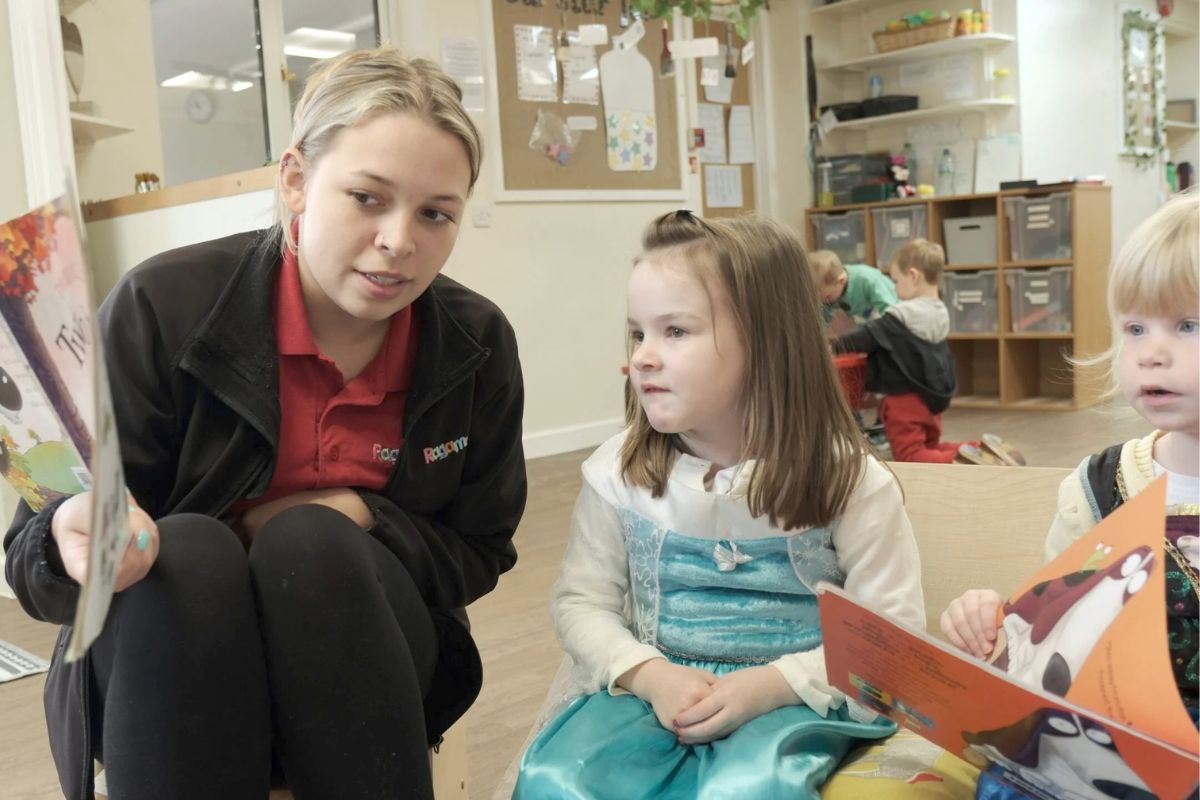Report on impact of Covid-19 on education outlines key recommendations for senior leaders to manage disruption in case of second wave

Report on impact of Covid-19 on education outlines key recommendations for senior leaders to manage disruption in case of second wave
A report based on the findings of England’s largest school stakeholder survey has laid out vital recommendations centred on the feedback of over 45,000 teachers, students and parents across 277 schools in England
A new qualitative report on education has outlined key recommendations to help senior leaders manage disruption in case of new school closures. The recommendations draw on the experiences of over 45,000 teachers, students and parents during lockdown and are addressing four key areas – learning, well-being, community and leadership.
Conducted by school survey company Edurio, the report, entitled “Lessons for School Leaders”, explores feedback from school staff, pupils and parents, to identify which strategies worked best during lockdown and provide actionable solutions and strategies to help manage future disruption.
The report revealed that many pupils felt they had made good progress with learning regardless of whether content had been delivered via live online lessons or offline methods. This insight is important given increasing concerns regarding the digital divide between disadvantaged students and their peers, and suggests that more accessible learning provisions can be sought in the event of a return to remote learning, in the face of local lockdowns, or to facilitate learning for pupils who continue to shield.
Amongst the findings, it was also discovered that recorded lessons rather than live delivery had a higher positive impact on pupils’ feeling of progression and enabled families to share devices. For primary schools, longer written tasks were one of the most popular forms of learning during lockdown.
As a result, the report recommends technology should be used to enable work rather than fully relying on it — the internet is helpful for communication and feedback, but workbooks and drawing might work out better when technology access is limited.
According to respondents, a 5-6-hour daily workload for pupils learning remotely led to highest learning progress and well-being levels. With this in mind, the new report recommends that – in case of school closures – school leaders should implement a clear learning plan that is aligned between teaching staff and targets 5-6 hours of learning per day.
Other key recommendations within the report included:
- Treat parents as partners in learning — assist them with technology when needed, communicate the learning objectives with them, and help them participate in the learning process, especially in primary school.
- Designate a member of staff to each child to make sure every family is regularly checked upon.
- Build a plan of staff responsibilities and communication channels for various disruption scenarios.
Additional findings within the report included:
- Individual feedback from staff, parents, and pupils revealed a desire for upholding the current hygiene standards, increased use of technology and flexible working practices beyond the disruption.
- Emotional well-being support from school leaders was deemed more important by staff than methodological or admin support.
- Feeling lonely (23 per cent of primary pupils and 24 per cent of secondary pupils) or demotivated (21 per cent primary school pupils and 24 per cent secondary school pupils) had the highest negative impact on pupil stress levels.
- Clear and prompt communication from the school was the most important factor in parent and staff satisfaction with the school’s actions to manage Covid-19 disruption.
Michael Pain, founder of Forum Strategy, said:
“This report from Edurio is so valuable for those of us looking at the evolving challenges of the current situation at sector level, as well as for individual trusts and schools themselves. It provides enormous insight into how those who work in our organisations, or are served by them, really feel.
“The views of pupils, parents and staff matter more than anything else, because it is they who experience what we do on a day to day level, and – in the case of parents and pupils – it is they who trusts and schools serve first and foremost.”
Ernest Jenavs, co-author of the report and CEO of Edurio, said:
“The insight from this report will help school leaders make informed decisions to ensure pupils, teachers and parents are sufficiently supported through any further periods of remote learning. It also draws out important longer-term learnings for school leaders.
“The feedback we have had has been really positive in the most part, it is clear schools and trusts have really risen to the challenge and supported their communities throughout this difficult period.”
Launching at the Forum Strategy’s National #TrustLeaders Conference 2020, the recommendations follow Edurio’s first report, “How Have Schools Coped with Covid-19?”, published in August 2020 which offered a comprehensive review of the challenges parents, pupils and staff members faced, and how they coped during school closures.
Ernest Jenavs, CEO and Co-founder of Edurio











Responses